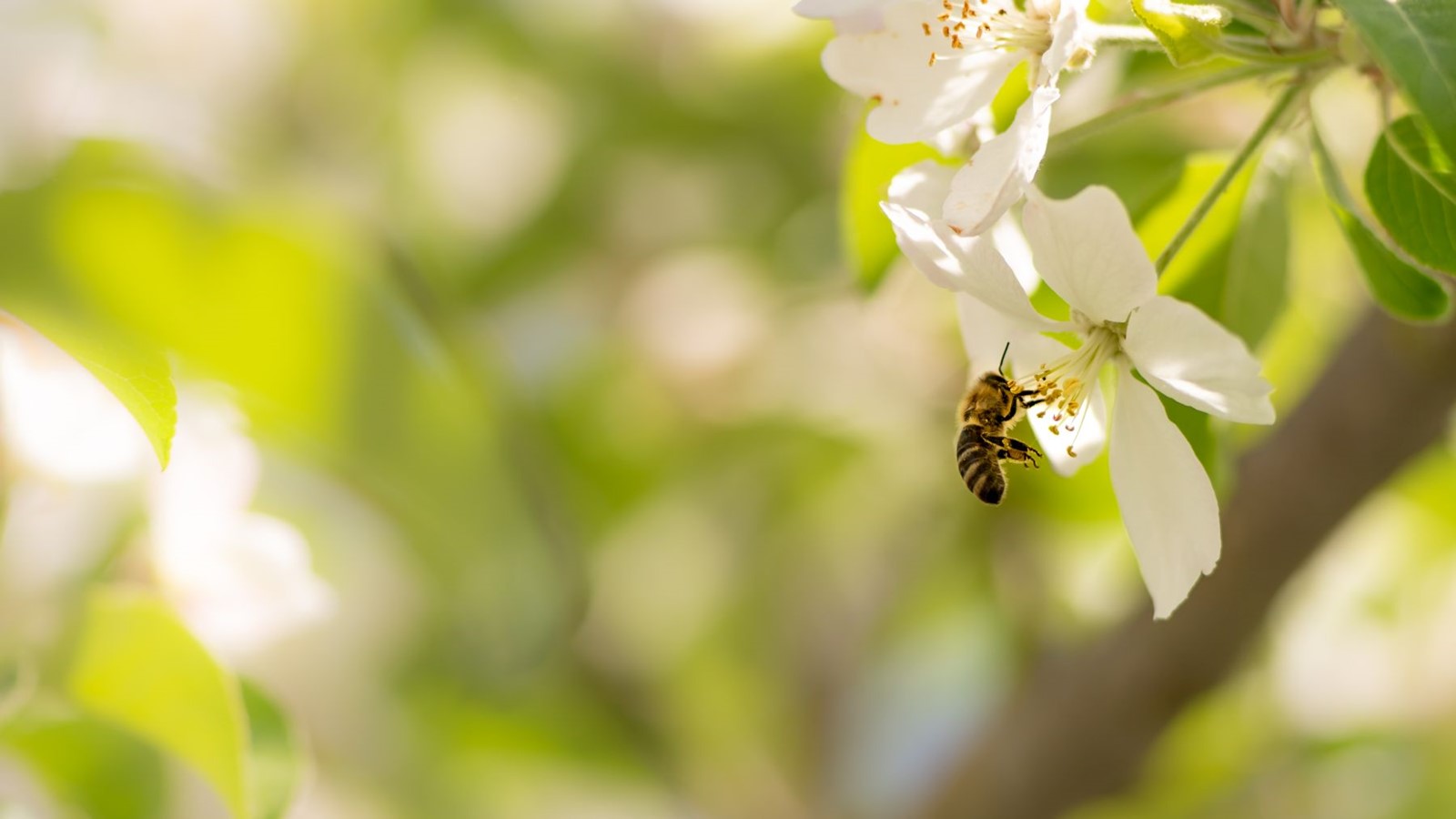“I’m going for a walk”. A simple enough statement to most, but this last year has shown us just how many different types of walking there is. Are you going on a countryside hike? To the shops? Is this a walk round the park, chatting with friends? Nordic walking? Is this a walk to move your body or to shift something in your mind?
You see, going for a walk and being connected to nature are not necessarily the same thing. The difference is mindfulness – being present and noticing your surroundings. I think all types of walking have their benefits, but if we’re wanting to walk to improve mental health then we must include nature connection. As part of my Shinrin Yoku (forest bathing) practitioner training, I’ve spent the last year doing guided walks and studying how nature supports our mental health. There's now a wealth of research that supports what our intuition tells us – that being in nature is good for us.
I cannot help but notice the parallels between our health, both mental and physical, and the health of the planet. We’re both hurting. It’s my belief, based on the biophilia theory and other research, that to heal ourselves we must do so in connection with nature. If health is about wholeness then splitting ourselves off from nature, of which we’re intrinsically a part, can only deeply wound us. How many clients come to us with feelings of meaninglessness, disconnection, burnout and depression? Of course there are many causes for these things that each need addressing but I know that nature connection must be a part of the healing process, if the client is open to it.
What does nature connection look like. Sure, it can be hugging a tree, but that’s not for everyone! It’s actually incredibly simple and not particularly hippish at all. The easiest way to practice nature connection anywhere is to use your senses. You can do this walking around your neighbourhood, garden, park, beach or forest – anywhere outside really. Notice what you can see. Stop to take in the details of a leaf or watch a bee visit a flower. Listen to the wind and the birds. Feel a smooth leaf or soft petal or the grass between your toes. Smell the blossom and the rain. Breathe in the fresh air.
These simple acts of noticing can invoke feelings of calm, awe, joy, curiosity and happiness. They bring us into the present moment and reduce rumination. Above all, they help us to feel connected to something outside of ourselves. Something alive, meaningful and important. We can’t care about what we don’t feel connected to - whether that’s ourselves or the planet or both. As Roger Keyes writes in the beautiful poem Hokusai Says, “It matters that you care. It matters that you notice. It matters that you feel”.
Read more...

We're part of nature
Karen Cromwell talks about immersing ourselves in the natural world and getting back to our roots. Mental Health Awareness Week 2021

Healing through nature
Student Moa Sundström evaluates a unique nature connection course for those living with or beyond cancer. Mental Health Awareness Week 2021

Blogs and vlogs 2021
News, views and updates from our staff, members and counselling clients
Views expressed in this article are the views of the writer and not necessarily the views of BACP. Publication does not imply endorsement of the writer’s views. Reasonable care has been taken to avoid errors but no liability will be accepted for any errors that may occur.
